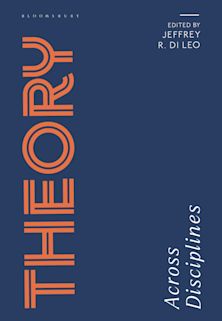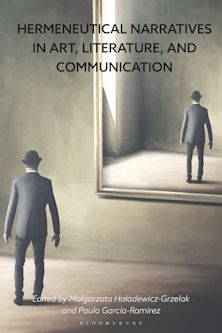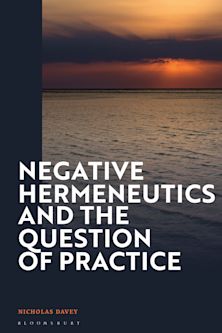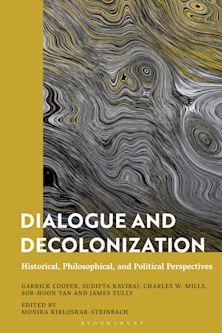- Home
- ACADEMIC
- Philosophy
- Critical Theory
- The Work of Forgetting
You must sign in to add this item to your wishlist. Please sign in or create an account
Description
For over fifty years the concept of memory has played a crucial role in a large number of academic and societal debates. The Work of Forgetting: Or, How Can We Make the Future Possible? draws attention to the limits of the academic field of memory studies. It argues that the faculty of memory offers an inadequate response to the challenges of the present.
The book sets up a dialogue between the philosophies of forgetting that underlie the writings of Friedrich Nietzsche, Walter Benjamin and Gilles Deleuze, and the philosophies of memory that inform the work of Sigmund Freud, Martin Heidegger and Hannah Arendt. It builds on the idea that history is inseparable from a type of transience that cannot be counter-acted by the preserving work of memory and develops a new understanding of the phenomenon of forgetting in which the passage of time is asserted in thought and thus made productive.
Table of Contents
Introduction: The Work of Forgetting. Or, How Can We Make the Future Possible?
Chapter One: What is Thought? And How Can We Bring It About?
Chapter Two: What is the Immemorial? And How Can We Make It Go Away?
Chapter Three: What is the Child? Or How Can We Begin Anew?
By Way of Conclusion: A Note on Shadows
Index
Product details
| Published | Dec 14 2018 |
|---|---|
| Format | Ebook (PDF) |
| Edition | 1st |
| Extent | 222 |
| ISBN | 9798216233695 |
| Imprint | Rowman & Littlefield Publishers |
| Illustrations | 2 BW Photos |
| Series | Philosophical Projections |
| Publisher | Bloomsbury Publishing |
About the contributors
Reviews
-
An original, well-informed, and profoundly provocative meditation on the untoward theme of forgetting. Focusing on the writings of Walter Benjamin in the context of authors such as Baudelaire, Nietzsche, Bergson, Proust, and Arendt, Stéphane Symons shows how transience can be worked through from within and transmuted into a creative force.
Howard Eiland, Lecturer, Literature Faculty, Massachusetts Institute of Technology
-
Does not obsessive remembrance—our age of commemorations—risk occluding any capacity to imagine and convey an alternative future? After several decades of ritualized praise for the ethical duties and political wisdom of memory, this highly exigent, provocative and impressively erudite book convincingly rediscovers the potentialities of the work of forgetting. Rereading through this refreshing prism a huge constellation of writers and thinkers, Stéphane Symons unveils a fascinating intellectual landscape and emphasizes the transient character of history as a creative force.
Enzo Traverso, Susan and Barton Winokur Professor in the Humanities, Cornell University


































